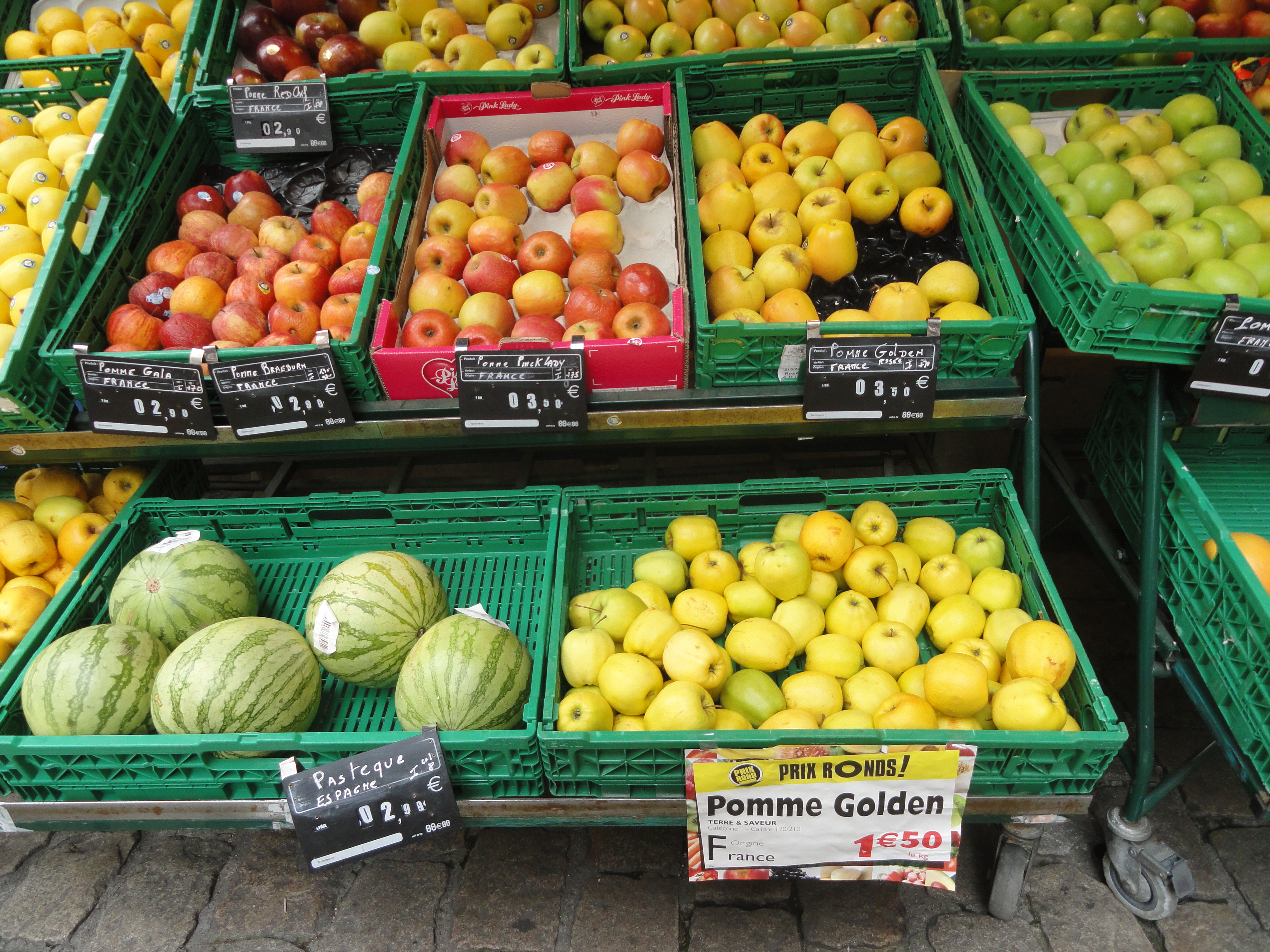Some unschoolers become confused on that, and they begin to frolic in the "freedom" that they are pretty sure some stranger online granted them, and that unschoolers have inalienably from God, bypassing all forms of government and the limitations of wallboard. And so if an unschooling family is up at 3:00 a.m. playing Guitar Hero, they seem mystified that the neighbors have called the landlord.
I'm exaggerating. I hope I'm exaggerating.
(where there's more of that)
photo by Roya Dedeaux




















